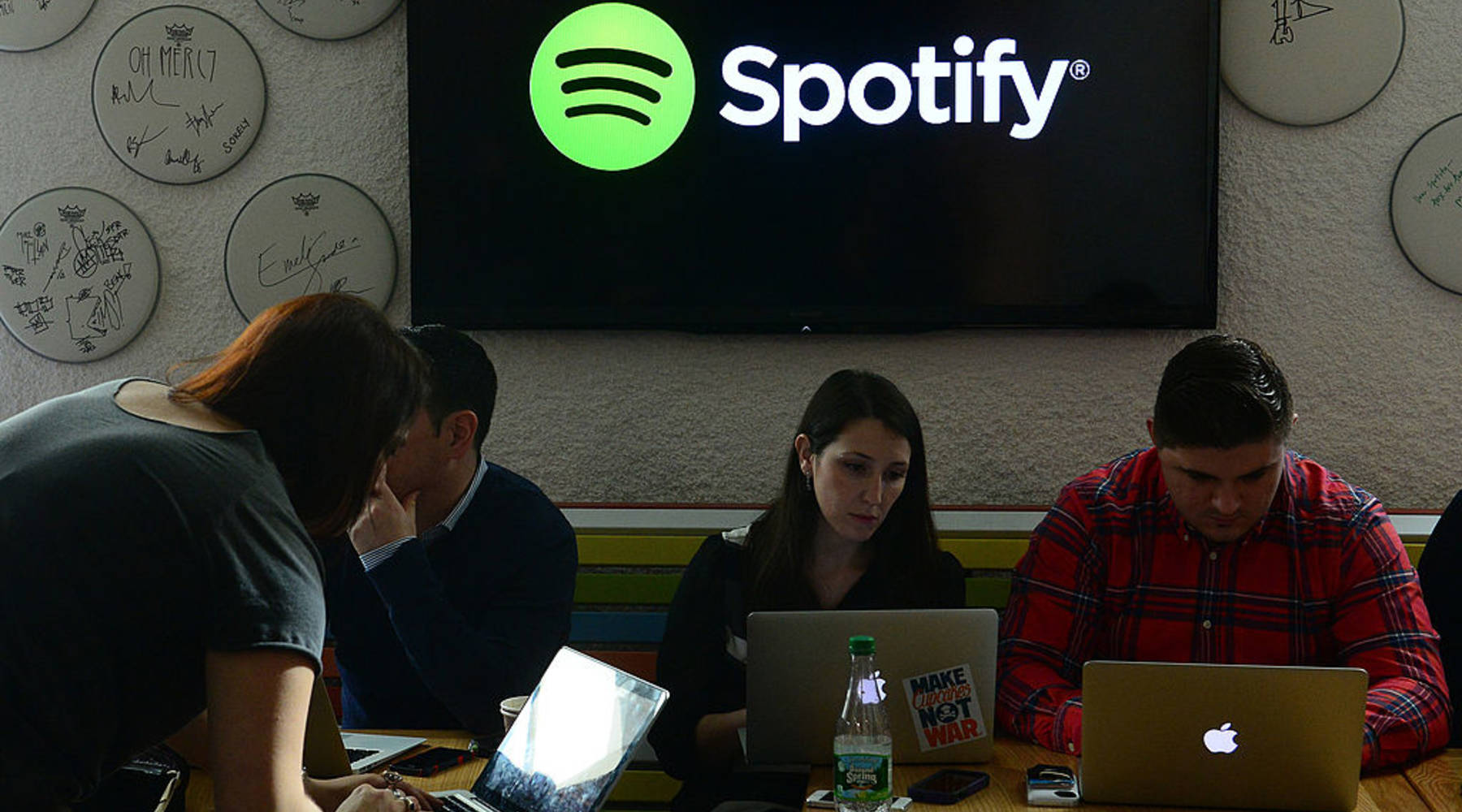
Putting big data to work for musicians

For years, a lot of time, energy and sophisticated computer programming has been devoted to figuring out what music listeners want to hear.
If you are into, say, Mongolian throat singing, not only can you find it fairly easily, but services like Spotify and Pandora can figure out that you like it and help you discover more.
They do this using algorithms and big data.
Musicians, however, have often been left in the dark when it comes to data.
Kevin Devine, a singer and songwriter, has given a lot of thought to the information music distributors have — but musicians don’t.
“Here are the countries where your music is being streamed most, here are the cities, here’s the age breakdown, here’s the gender breakdown, here are the five other artists that your listeners are also streaming your music with some amount of regularity,” he said.
The need for such data is critical, said Devine, because music distribution has exploded
“There’s so much noise so much clutter so much streaming,” it can be hard to find your fans, he said.
“The fragmentation has opened up the need for more information,” said Jeppe Faurfelt, co-founder of Linkfire, which provides data to musicians. He pointed out that someone Brazil may stream music with Claromusica, while someone in France may use Deezer and people in the US have many additional options.
Linkfire tracks how users are listening to or buying specific music so musicians can figure out how to connect to them. More established companies like Pandora are also investing heavily in data products for musicians.
“Being able to understand exactly where their fans are and knowing that those might be the places they tour to and where they’d have big audiences in each city is really powerful information for a working musician,” said Sara Clemens, chief strategy officer at Pandora.
For example, Pandora lets musicians target fans and send them audio messages to promote tours. It offers analytics on how well that kind of outreach works. The company also bought Next Big Sound, which keeps tabs on social media mentions on Tumblr, Instagram, Facebook and other platforms.
The next stage of musical big data for artists may get much more granular. Kiran Gandhi, a musician who plays under the name Madam Gandhi, says the more data the better.
“Being able to show things like this is the moment at which the listener stopped listening and skipped forward. Or this is the moment when the user increased the volume of your song,” would be revolutionary, she said. “Likes on Instagram or Facebook are either simply positive or negative, there’s no inbetween.”
A world where Gandhi’s vision prevails may well be coming soon, as streaming services look for new ways to make money from their endless spools of data, and musicians find new ways to use it.
Listen to our latest episode of Actuality to hear more about music algorithms
There’s a lot happening in the world. Through it all, Marketplace is here for you.
You rely on Marketplace to break down the world’s events and tell you how it affects you in a fact-based, approachable way. We rely on your financial support to keep making that possible.
Your donation today powers the independent journalism that you rely on. For just $5/month, you can help sustain Marketplace so we can keep reporting on the things that matter to you.


















